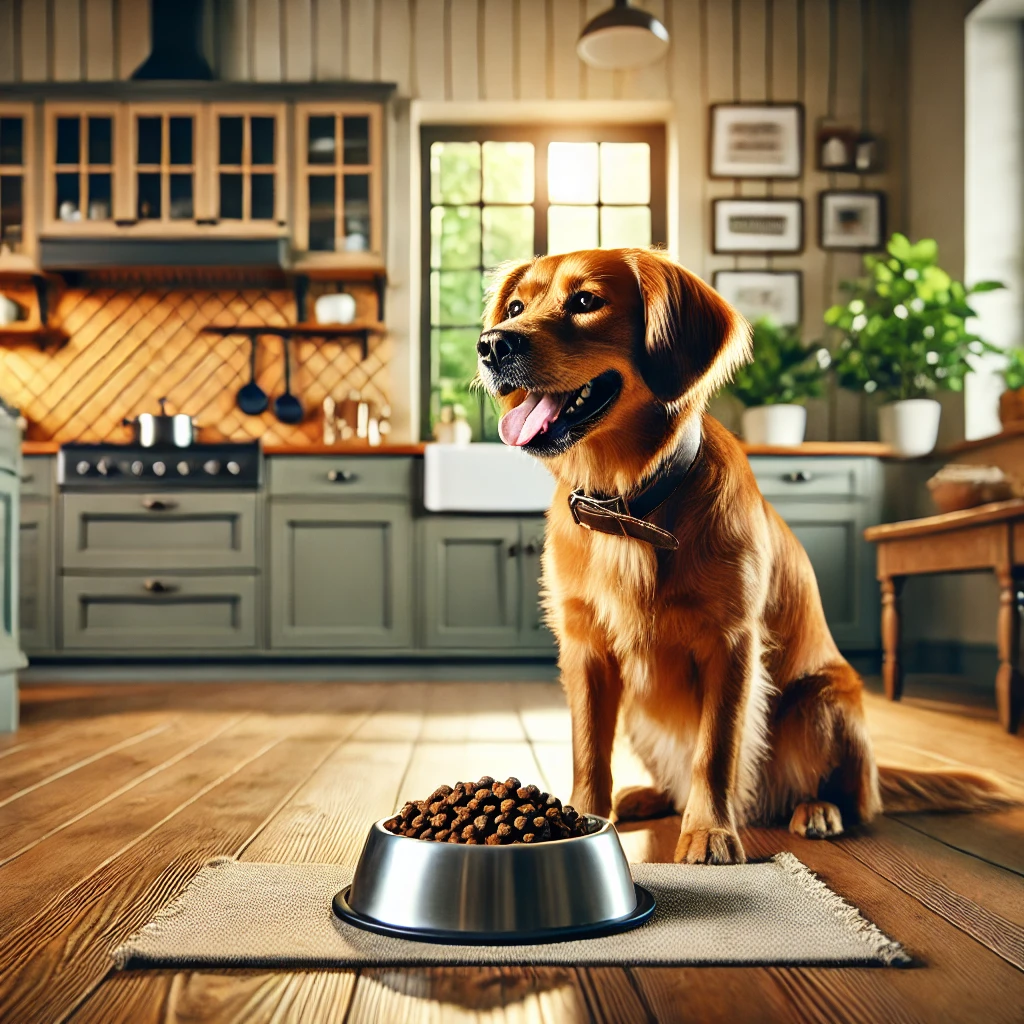It's worrying when a dog doesn't want to eat, as a good appetite is an indicator of health. Several factors can influence loss of appetite in dogs, from medical problems to changes in environment or diet.
Check Your Dog's Health
Veterinary Consultation
Make an appointment with your veterinarian to rule out medical problems such as infections, dental disease, digestive problems or other health conditions. Perform blood tests to check for possible deficiencies or organic problems.
Regular Health Checkups
Maintain a regular checkup routine to ensure your dog is healthy and identify potential problems before they become serious.
Evaluate the Diet
Feed Quality
Make sure the food is high quality and suitable for your dog's age, breed and activity level. If you need to change the dog's food, do so gradually to avoid digestive discomfort.
Food Palatability
Try different flavors or brands of food to find one that your dog likes. Add wet food to dry food to make it more appealing.
Adjust the Feeding Environment
Feeding place and time
Make sure the eating area is quiet and free from distractions. Feed your dog at the same times every day.
Positive Interaction
Offer snacks as a reward to stimulate their appetite. Some dogs prefer to eat in the company of their owners.
Identify Recent Changes
Changes in the Environment
The arrival of new animals or people in the house can cause stress. Changing residence can affect your dog's appetite.
Exercise Routine
Make sure your dog is getting adequate exercise, which can help stimulate his appetite.

Homemade and Alternative Solutions
Homemade food
Consult your veterinarian about the possibility of offering balanced homemade food. Introduce dog-safe fruits and vegetables into the diet, such as carrots and apples.
Supplements and Appetite Stimulants
Ask your veterinarian about supplements that can help stimulate appetite. In some cases, your veterinarian may prescribe medication to stimulate appetite.
Conclusion
Loss of appetite in dogs can be caused by a variety of factors, from medical problems to environmental issues. It is important to observe your dog's behavior and seek veterinary advice to identify the cause and find the appropriate solution. Diet changes, adjustments to the feeding environment, and the use of positive reinforcement can help restore your dog's appetite.
FAQs
What to do if my dog doesn't want to eat for more than two days?
If your dog doesn't want to eat for more than two days, consult a veterinarian to identify possible health problems.
What fruits are safe for dogs?
Fruits like apples (seedless), bananas, and blueberries are safe for dogs.
How do I know if my dog is in pain?
If your dog is in pain, he may show changes in behavior, such as lethargy, aggression, or excessive licking of a specific area.
Is it safe to change my dog's food suddenly?
No, sudden changes in diet can cause digestive problems. It's best to make the change gradually.
What signs indicate a serious medical problem?
Signs such as persistent vomiting, diarrhea, weight loss, or lethargy may indicate a serious medical problem and require immediate veterinary attention.









